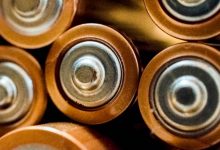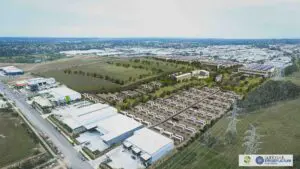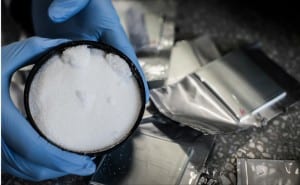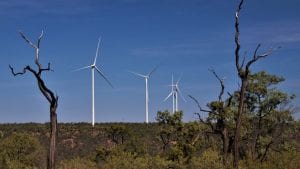An Australian-based company has developed a versatile new energy storage device that can provide effective power after up to 25 years in storage, requiring only the addition of water to work.
HydraCell utilises a magnesium alloy air cell that lies dormant until the application of water, which kick-starts the supply of electricity from the device.
The device does not require additional charge, but can provide additional power after the re-application of water.
The water simply works as a catalyst for the reaction, with the addition of salty water after a few uses required to maintain full supply.
As power is supplied through a reaction the magnesium core and oxygen supplied through the air, it isn’t necessary for the HydraCell device to hold a charge. Nor is a supply of electricity required to re-energise the device. Immersion in water, acting as a catalyst is all that is required for the device to start producing a supply of electricity.
The Hydracell technology is likely to be best suited for emergency situations, where device can be stored in working order for an extended period of time, long beyond the storage life of traditional batteries.
All of the components of the HydraCell device are recyclable, avoiding the need for special disposal, as required for chemically based batteries.
Hydra Light, the company producing the device, hopes that is may be used in situations where a reliable supply of power may not be available, such as those travelling to remote locations or on the sea.
“Our revolutionary HydraCell technology harnesses the power of water and air to create a chemical reaction and capture the electrons released during this process.” Hydra Light CEO Gerry Comnios said.
“The result is 30 times more power than a traditional AA battery, and best of all, is fully recyclable, free of toxic corrosive materials, is non-hazardous unlike kerosene, and will dramatically reduce disposable battery waste in landfills.”
HydraCell is based in Melbourne, with the product development occurring in the Philippines and production based in China.
Longer term energy storage has been a challenge for the energy sector. While conventional battery systems have emerged as a cost-effective way to store energy for short periods of time, batteries generally lose charge over time.
The most likely solutions involve large-scale technologies, including compressed air energy storage, and pumped-hydro. But the scale of these technologies makes them impractical for small-scale use.












